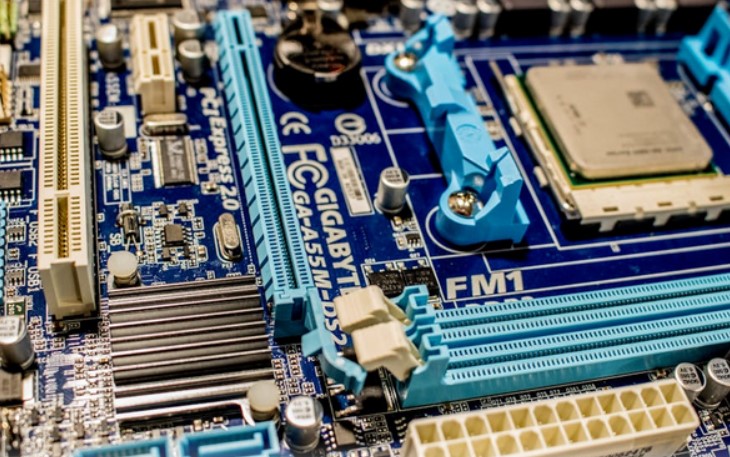With the rapid development of global technology, artificial intelligence (AI) has become the main driving force for the development of the semiconductor market. In stark contrast to the surge in demand for AI chips, the performance of the traditional chip market is relatively lagging behind, a phenomenon that is becoming more and more significant in the global semiconductor industry.
AI chips: the new engine of the semiconductor market
AI chips, especially GPU-based processors, are becoming a new engine of growth in the semiconductor industry. As AI technology continues to advance, there is a growing demand for chips that can handle complex algorithms and provide high-performance computing. Industry leaders such as TSMC are accelerating the R&D and deployment of advanced process technologies to meet the production needs of high-end AI chips. For example, TSMC is advancing the installation of equipment for the 2nm process production line, which is expected to achieve mass production in 2025, which will provide stronger manufacturing support for AI chips.
Revenue growth in the global foundry industry
According to a report by Counterpoint Research, the global foundry industry revenue grew significantly in the second quarter of 2024, mainly driven by strong AI demand. Revenue increased by about 9% quarter-on-quarter and 23% year-on-year, showing the booming AI chip market.

Figure:The Rise of AI Chips and the Challenges for Traditional Processors
The challenge of traditional chips
At the same time, the recovery of demand in the traditional chip market has been relatively slow. Although the smartphone and PC markets have recovered, the overall growth rate has been limited. In addition, demand for non-AI semiconductors for automotive and industrial applications has also been slow to recover, indicating that the traditional chip market is facing challenges.
Market Differentiation and Industry Prospects
The phenomenon of market fragmentation shows that the growth of the semiconductor industry is increasingly dependent on the development of AI technology. With the continuous evolution of AI technology and the expansion of intelligent applications, it is expected that the semiconductor market will continue to develop in the direction of high-performance computing and intelligence in the future. For traditional chipmakers, this may mean finding new growth points or technological innovation to adapt to changes in the market.
Conclusion
The rise of AI chips is reshaping the landscape of the semiconductor industry and bringing new growth opportunities to the industry. However, this also poses a challenge for traditional chip manufacturers. In this rapidly changing market, semiconductor companies need to continue to innovate to remain competitive and seize the new opportunities presented by the development of AI technology. With the continuous advancement of technology, we have reason to believe that the semiconductor industry will continue to be an important driving force for global technological development.






